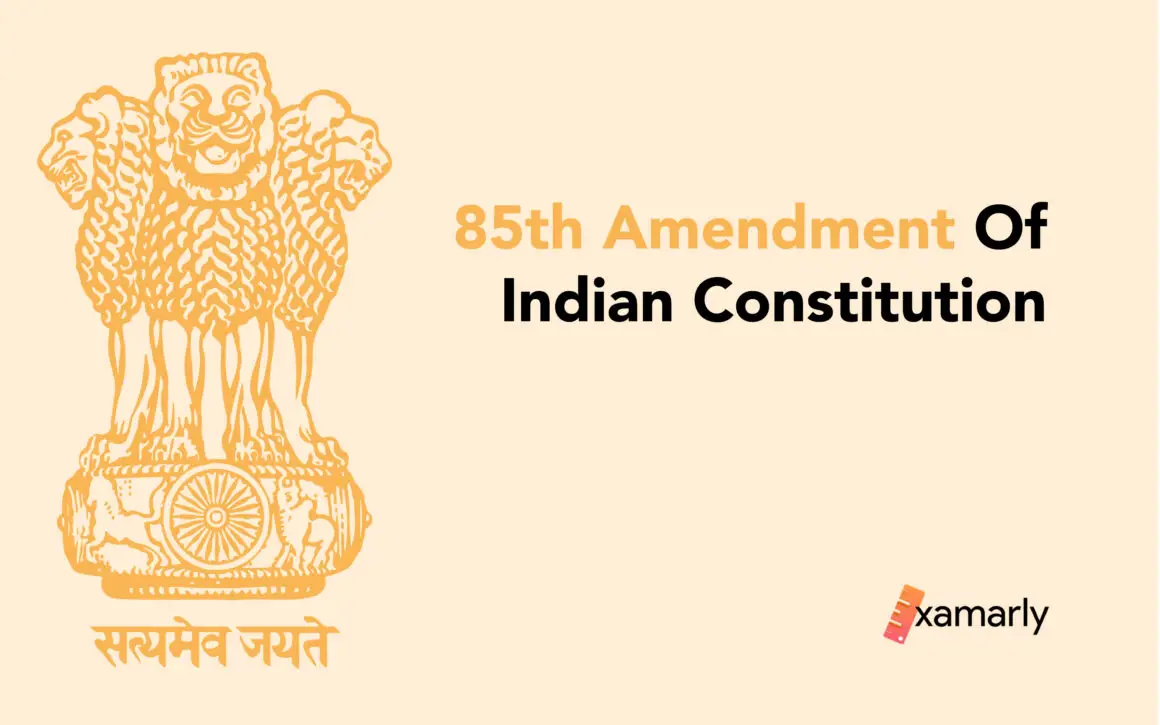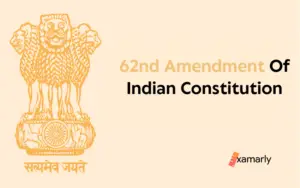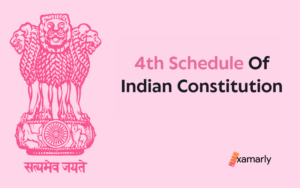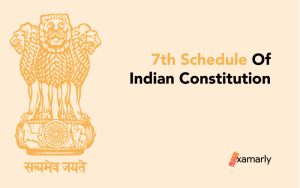Amendments are a major part of the Indian Constitution. They make the Constitution more effective and every amendment pushes a country towards progress as it helps in the upliftment.
Article 16(4A) was changed in 2001 in the context of this amendment. The 85th Amendment of the Indian Constitution’s primary goal was to increase the benefit of reservation in favor of the Scheduled Castes and Scheduled Tribes in areas of promotion with subsequent seniority.
The phrase “in situations of promotion to any class” has been switched with “in matters of promotion, with consequential seniority, to any class” in clause (4A) of Article 16 of the Indian Constitution.
Salient Features and Facts
- To grant Scheduled Castes and Scheduled Tribes benefits in a variety of disciplines, the 85th Amendment of the Indian Constitution was passed.
- In all fields of government employment, including promotion and subsequent seniority, reservations are to be made available to Scheduled Castes and Scheduled Tribes under the amendment.
- The National Commission for Backward Classes received constitutional protection as a result of the amendment.
Statement of Objects and Reasons
- Undoubtedly, the primary goal of proposing the change is to increase the benefit of quota in favor of the Scheduled Castes and Scheduled Tribes. The following Indian Constitutional Amendment aims to expand reservation in areas of seniority and subsequent promotion. As a defining moment in Indian constitutional history, it has been recognized.
- The interests of the government employees from the Scheduled Castes and Scheduled Tribes category in the matter of seniority on promotion to the next higher grade have been adversely impacted by the Supreme Court’s rulings in the case of Virpal Singh Chauhan and Ajit Singh, which resulted in the issue of the O.M. dated 30th January 1997. Substantial anxiety has resulted from this, and numerous parties, including members of parliament, have voiced concern about the need to preserve the pursuits of government employees from Scheduled Castes and Scheduled Tribes.
- After analyzing the situation in light of feedback from many sources, the government agreed to immediately reverse the effects of the O.M. from the 30th of January 1997 to safeguard the interests of the government employees who belong to these tribes. The intended outcome will not be achieved by simply withdrawing the O.M. from January 30, 1997; instead, the seniority of the government employees must be redrafted, and they must also be granted significant perks.
- To introduce a system for consequential superiority if a rule of reservation led to a promotion or career advancement, it was necessary to amend Article 16(4A) of the Constitution. Additionally, the original article 16(4A) went into effect on June 17, 1995, hence the proposed constitutional amendment to article 16(4A) must start taking effect on that day. In this manner, the amendment went into effect.
See Also – 86th amendment of Indian constitution
Important Provisions of the 85th Amendment of the Indian Constitution
- The 85th Amendment of the Indian Constitution introduced several important changes. First and foremost, it provided the advantage of reservation in balance in favor of the Scheduled Castes and Scheduled Tribes in areas of promotion with eventual superiority.
- The 85th Amendment of the Indian Constitution made several changes for the benefit of the poor and backward sections. It gave the Parliament the power to make laws prescribing criteria for the appointment and employment of backward people.
Case Related to the 85th Amendment
Ram Bhog Singh Vs Rajiv Sinha & Ors. High Court of Delhi
The petitioner’s knowledgeable counsel also claims that the Government of India created provisions in an O.M. dated January 21, 2002, for the retention of consequential seniority conferred to the individual as a consequence of his promotion on the grounds of reservation, applicable as of June 17, 1995, as a wake of the 85th Amendment.
According to the applicant’s experienced counsel, the petitioner joined on July 29,1992, as a JTS in IB(E)S, whereas the applicant joined on July 14 as a JTS in IB(E)S.
After some time, the petitioner was granted an expedited promotion since there was an opening in the reserved post. The catch-up rule would be used to give the applicant, who is a member of the general group, precedence over the petitioner, who has aged due to the reservation.
Summing Up
The constituent assembly enacted our constitution on November 26, 1949, and it went into force on January 26, 1950.
According to the Indian Constitution, the nation is a sovereign, socialist, secular, democratic republic that ensures justice, equality, and liberty to all of its people and works to foster intergroup harmony.
The Indian Constitution has had 105 modifications as of October 2021, marking its initial enactment. Our Indian Constitution is beautiful in that it allows for revisions and creates the essential conditions to make India more democratic and well-organized.
The 85th Amendment Act, 2001’s underlying aim was to broaden Scheduled Castes and Scheduled Tribes’ access to the advantage of quota in areas of promotion and seniority.
It stipulated that Scheduled Caste and Scheduled Tribe members of the government would be given “consequential seniority in the case of promotion by the rule of reservation with provisions dealing from June 1995.”
Article 16(4A) was altered in 2001. The promotion was created to provide government employees from Scheduled Castes and Scheduled Tribes with reservation benefits.
FAQs on the 85th Amendment of the Indian Constitution
What is the significance of the term ‘consequential seniority?
Candidates for reserved categories are allowed to maintain seniority above general category peers through consequential seniority. A reserved category candidate keeps their seniority for subsequent promotions if they are promoted before a general category applicant due to a reservation in promotion.
When did the 85th Amendment of the Indian Constitution come into force?
It came into force on June 17, 1995.
What is the catch-up rule?
A circumstance where reserved category candidates who were promoted above general class competitors became their senior due to earlier promotion resulted from the constitutional recognition of reservation in promotion. Two decisions, Virpal Singh (1995) and Ajit Singh (1996), which proposed the idea of a Catch-Up Rule, tried to address this abnormality. The rule held that senior general applicants who were fostered after Scheduled Castes and Scheduled Tribes candidates would recapture their seniority over general candidates, promoted earlier.
The 85th Amendment to the Indian Constitution serves what objective?
The 85th Amendment to the Indian Constitution serves what objective?
The fundamental goal of the 85th Amendment Act of 2001, was to expand the advantage of reservation in favor of the SC/ST in terms of promotion with consequential seniority. In clause (4A) of Article 16 of the Constitution, the words “in matters of promotion to any class” have been replaced with the phrases “in matters of promotion, with consequential seniority, to any class” as a result of the change.






